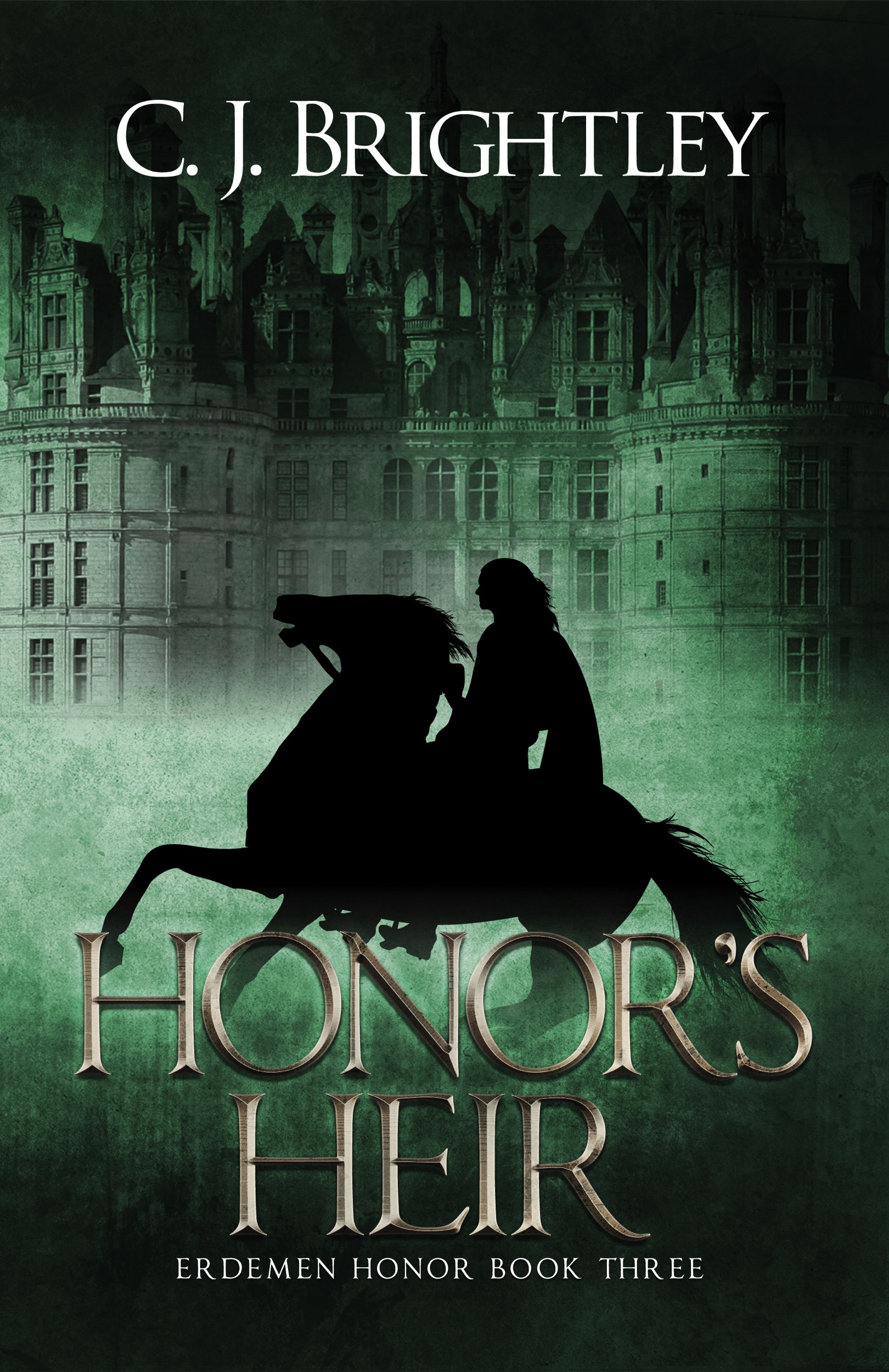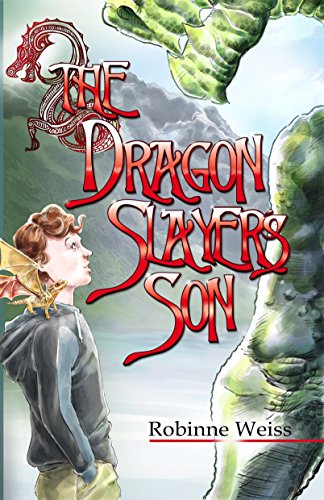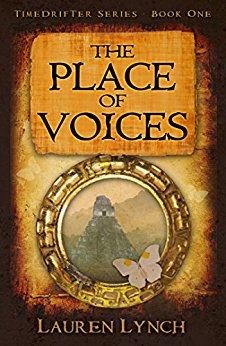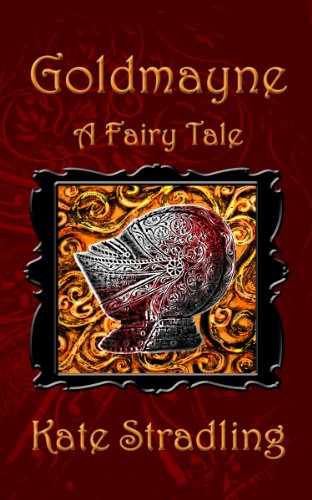
As I was recently wrapping up the fourth book in my historical fantasy series, I had the sudden, horrible feeling that I had just written grimdark. Not that I’m totally opposed to grimdark-some of my favorite fantasy authors probably fall into that category. But in general, I’ve made an effort to write books that are a bit lighter and more hopeful, and in recent months, I’ve jumped resolutely onto the noblebright bandwagon.
So I was a little dismayed to think that perhaps I’d betrayed the cause by writing something that was very, very dark. Naturally, I started to think of ways to convince myself that what I’d done wasn’t really that awful.
I finally had to come to the conclusion that much of the series I’m writing can be called tragedy. Far too many characters will have no happy ending, and a great many others will have to endure a lot of hardship before finding peace, if not happiness. Since it’s based on a truly horrendous event (30 Years War 1618-48), it’s even possible I’m not creating enough tragedy to accurately reflect reality.
And I won’t lie, I really dig tragedy. Nearly all of my favorite Shakespeare plays- Julius Caesar, Macbeth, King Lear-are tragedies, and I adore classic writers like Hugo, Tolstoy, and Dickens, all of whom are masters at reducing their readers to gibbering, sobbing messes at various times.
I think it’s fairly easy to make the case that tragedy is noblebright when it involves sacrifice, when beloved character deaths have a greater meaning. But what if they don’t? What if the deaths are just pointless and well, tragic? And to be honest, I don’t think I can fairly portray wartime without including those kinds of deaths. Sometimes characters are in hopeless situations from which there is no escape. Sometimes random bad things happen. To create a fantasy version of 17th-century Europe in which no one critical to the story dies of disease, in childbirth, or in battle, seems like a copout.
So what happens when the bad guys win, at least temporarily? In my books, the bad guys will get what’s coming to them, but it’ll take a terribly long time.
Is it all just darkness and despair until then, or is there still hope? I would argue that there certainly is. Even when a death seems pointless, it can highlight other virtues. For instance, I always find the aftermath worse than the death itself, as those left behind try to cope with their loss. And that’s where we find the good stuff.
Those times of grief are when friends come together and support each other, plot revenge on the bad guys, and make a renewed commitment to a just cause. It’s in those blackest moments that they find out who they can trust, and when those who have yet to prove themselves really step up. And the bad people who caused those deaths are even more heavily condemned by them, receiving a harsher, but also more satisfying reckoning when it finally comes.
So, even though quite a few of my characters die, with upsetting repercussions for their loved ones, I’d say I’m still adhering to noblebright precepts. Even if the death seems pointless at the time, it bears fruit in unexpected and often positive ways by giving the survivors an opportunity to prove their real worth.
This is a guest post by Christina Ochs, who writes epic historical fantasy from the passenger seat of a semi truck. At any given time, she, her driver husband and their two cats can be found anywhere in the lower 48. You can follow her on Twitter @therollinwriter or her blog: christinaochs.com/blog .





3 thoughts on “Can Tragedy be Noblebright?”
“I always find the aftermath worse than the death itself, as those left behind try to cope with their loss. And that’s where we find the good stuff.” Agreed!
I think Noblebright doesn’t really have strength unless it exists in the midst of tragedy. It seems easy to be noble and good during the other times.
Great post!
They are excellent reads!!! Loved them so far. 😀